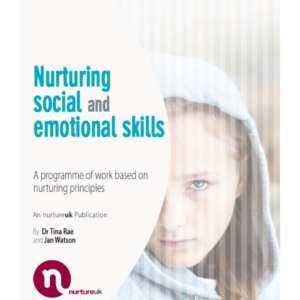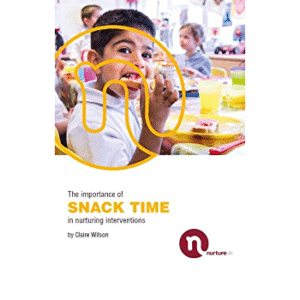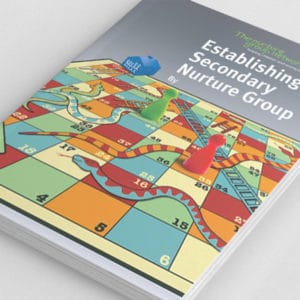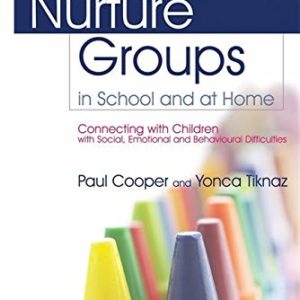What delegates say
Net Promoter Score (NPS)
Our Net Promoter Score* awarded by attendees this year is 86 (excellent)
87% of participants scored the programme 9 or 10 out of 10 when asked how likely they are to recommend it.
Over two thirds said it had exceeded their expectations.
*Net Promoter Score is widely used to measure customer satisfaction. NPS scores range from -100 to +100, and a score of 0 is considered good.
"I found it very informative and [the] content very thoroughly covered at an appropriate pace. Our trainer was very knowledgeable and answered all our questions, as well as allowing for group discussion. It has really motivated me, and I feel much more ready to take on my new role as a nurture teacher."
"The trainers were amazing, so accommodating and considerate. Very lucky to have lovely group of learners, enjoyed the small size of the group so could all contribute and feel sense of belonging. Informative and so interesting exploring the topics of Neuroscience and attachment theory."
"A great balance of theory behind nurture and why it’s important but also giving practical advice about how to successfully set up a nurture group or intervention."
"Clarified what I believed Nurture to be but has given me the background knowledge/science to prove it and explain it."













